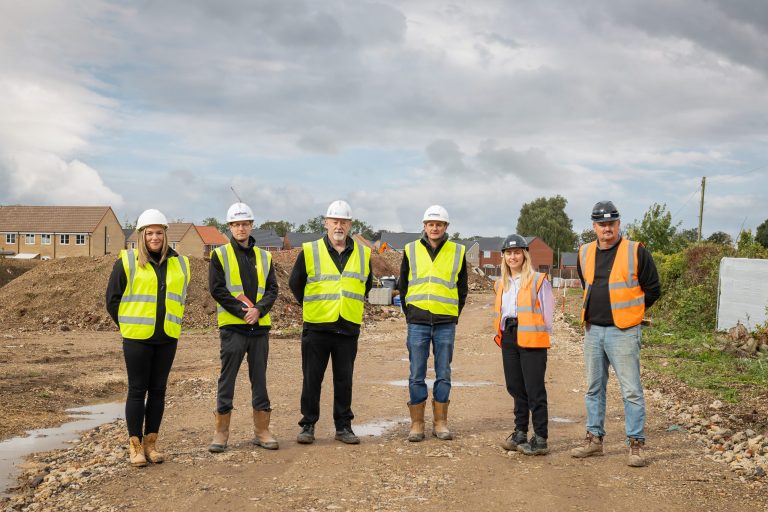Bricklayers (73%) are the most likely tradespeople to experience work-related stress Finances are the most common cause of stress IronmongeryDirect is working with mental health charity, Mind, to raise awareness of the issue Nearly half (49%) of UK tradespeople experience mental health problems due to work related issues, a study1 has found. Ahead of World Mental Health Day (10th October), the research, by IronmongeryDirect, the UK’s largest supplier of specialist ironmongery, found that nearly three in five (58%) experience some form of mental health problem, such as stress, anxiety or depression, at least once a week. Money worries cause the most stress, with 38% of tradespeople blaming financial situations for giving them anxiety. Other issues, such as tensions with customers (31%) and suppliers (29%), are also major causes of concern for tradespeople. The 10 issues which cause the most stress for tradespeople: Finances (38%) Tensions with customers (31%) Tensions with suppliers (29%) High workload (26%) Tensions with business partners (26%) Job security (21%) Doing the best job for customers (12%) Making mistakes (11%) Abuse from customers (6%) Lack of work (5%) Female tradespeople (57%) are significantly more likely to experience work related mental health problems than their male counterparts (41%). Additionally, the main causes of stress and anxiety differ between the genders, with women more likely to feel stressed due to finances (39%) and tensions with business partners (29%), whilst men are more affected by high workloads (39%) and tensions with suppliers (37%). When it comes to age, middle aged tradespeople experience the most work-related related mental health issues. Nearly three in five (57%) tradies aged between 45-54 report stress and anxiety due to work. Bricklayers are the most likely tradespeople to experience mental health problems, with a shocking 73% admitting to dealing with issues such as stress and anxiety. In contrast, surveyors (18%) are the trade least likely to have poor mental health. Mind’s top tips for dealing with mental health problems Understand more about stress. Figure out what you find helpful to deal with your mental health, as well as what can trigger it. Learn about different coping techniques and if they work for you. Exercise regularly. Practise mindfulness and meditation. Open up and talk to your family, friends and colleagues. When dealing with mental health problems, nearly half (48%) of tradespeople said they choose to talk to friends and families about their issues. Less than a third (32%) choose to seek counselling, while more than a quarter (28%) take medication. The research also found that a similar number (29%) do not feel comfortable talking to people close to them about their mental health. Furthermore, more than a third (34%) do not know how to access support services. Emma Mamo, Head of Workspace Wellbeing at Mind, said: “We know that issues like stress, anxiety and depression are common in all workplaces, but that there are some sectors where poor mental health is even more prevalent, including construction. “Because men generally find it more difficult to talk about how they’re feeling, in male-dominated industries such as construction, employees are often less willing and able to open up about their mental health and ask for support. This can be problematic because mental health problems often become worse if left untreated, and the consequences can be fatal. “We’re pleased to be working with IronmongeryDirect during Mental Health Awareness Week to launch our ‘Mental Health in the Trades’ report highlighting the scale of poor mental health across the sector, and urging employers within construction to create cultures where employees can speak openly and honestly about their mental health.” Marco Verdonkschot, Managing Director at IronmongeryDirect, said: “It’s shocking and saddening to see that mental health problems are so widespread in the industry. “We feel that it’s vital for the stigma of mental health to be removed from the industry, and whilst we understand it can be difficult to open up, we encourage all tradespeople to talk about their problems. Whether this is with friends and family, your employer, or professional counsellors, speaking about your problems can often be the first step to addressing them.” For the 2021 report of mental health in the trades industry, visit: https://www.ironmongerydirect.co.uk/research/mental-health-in-the-trades/














